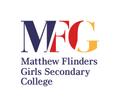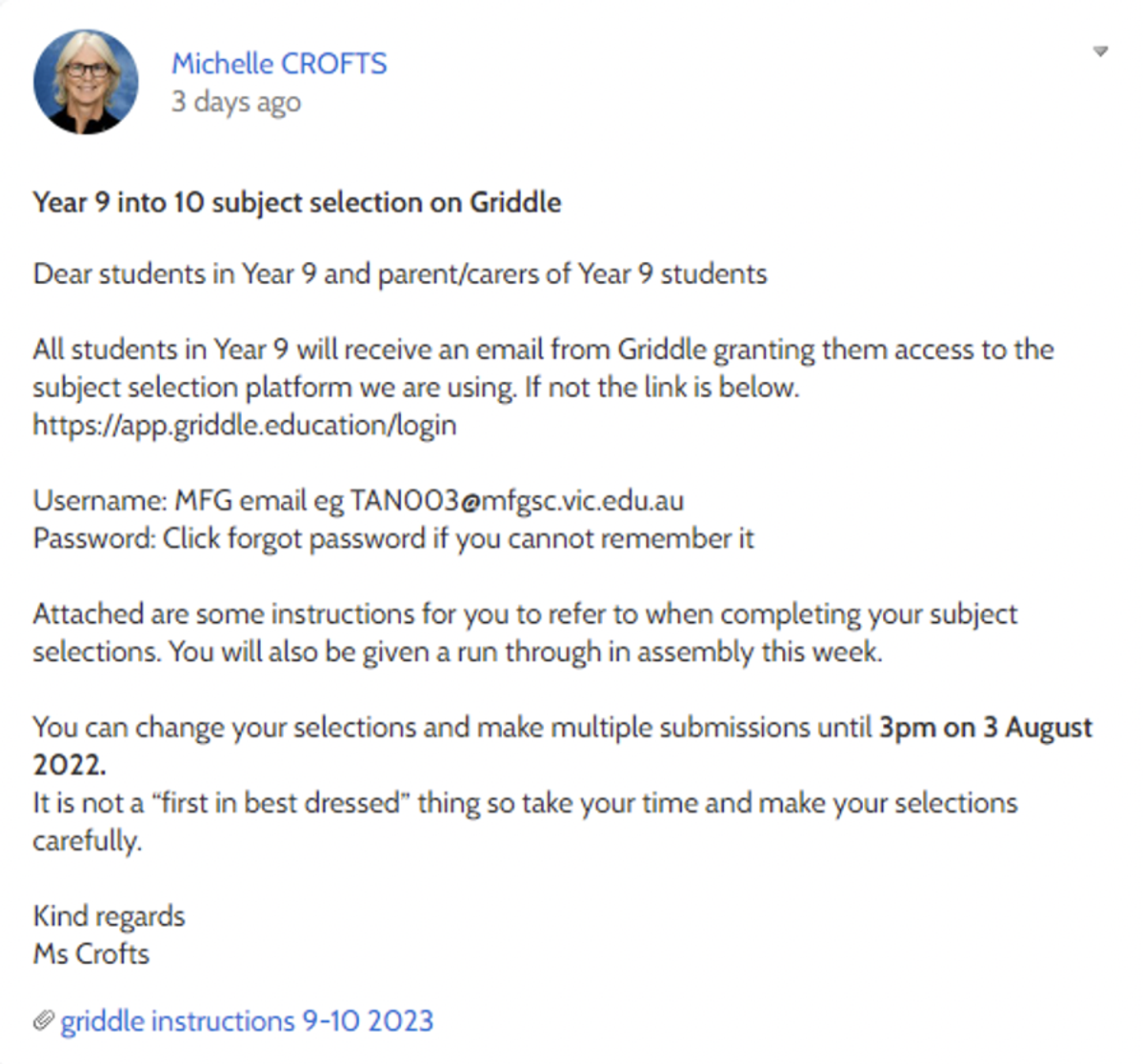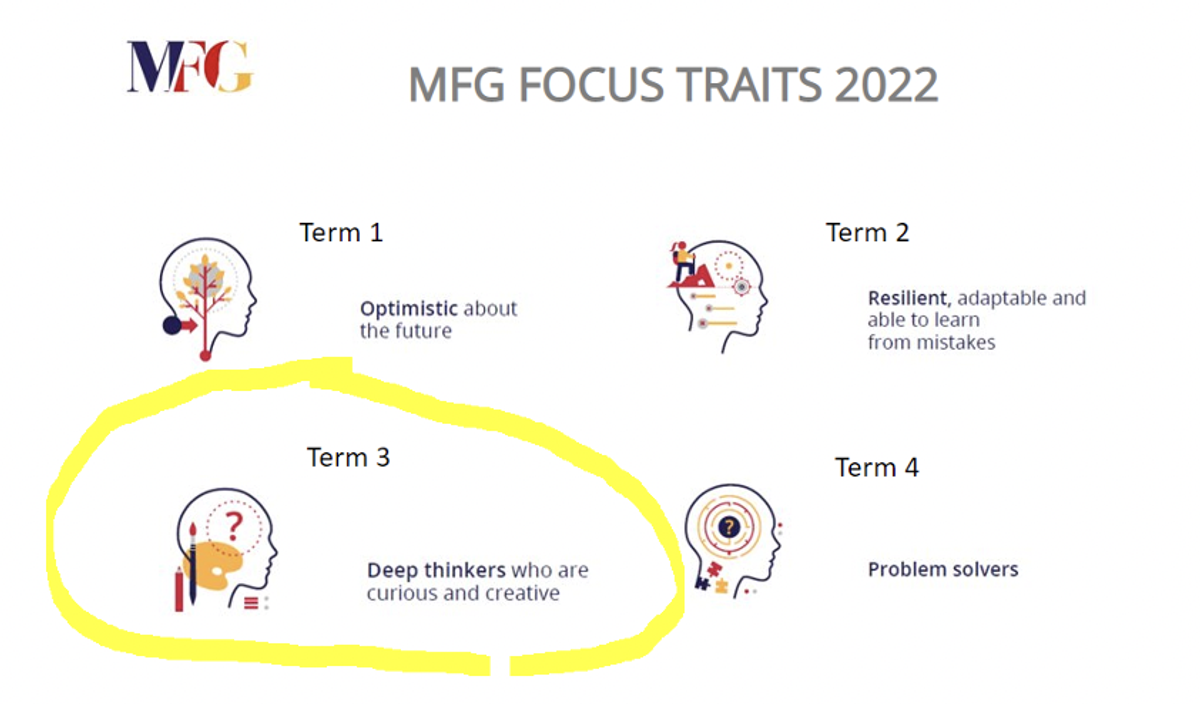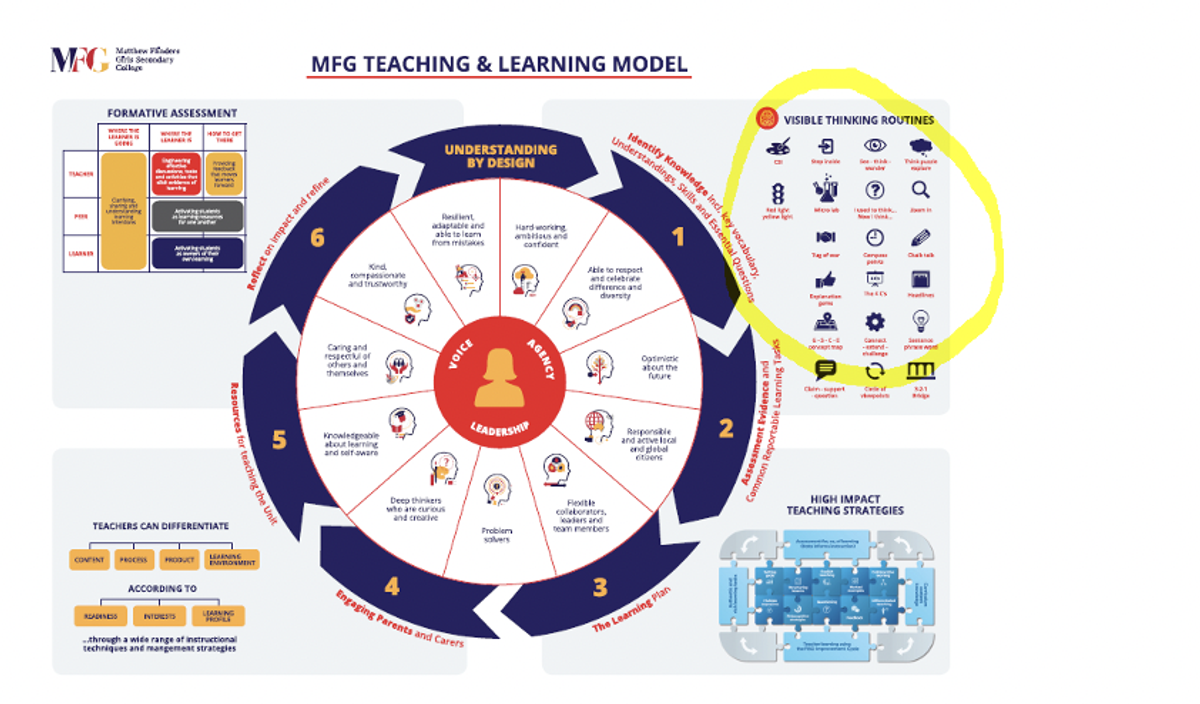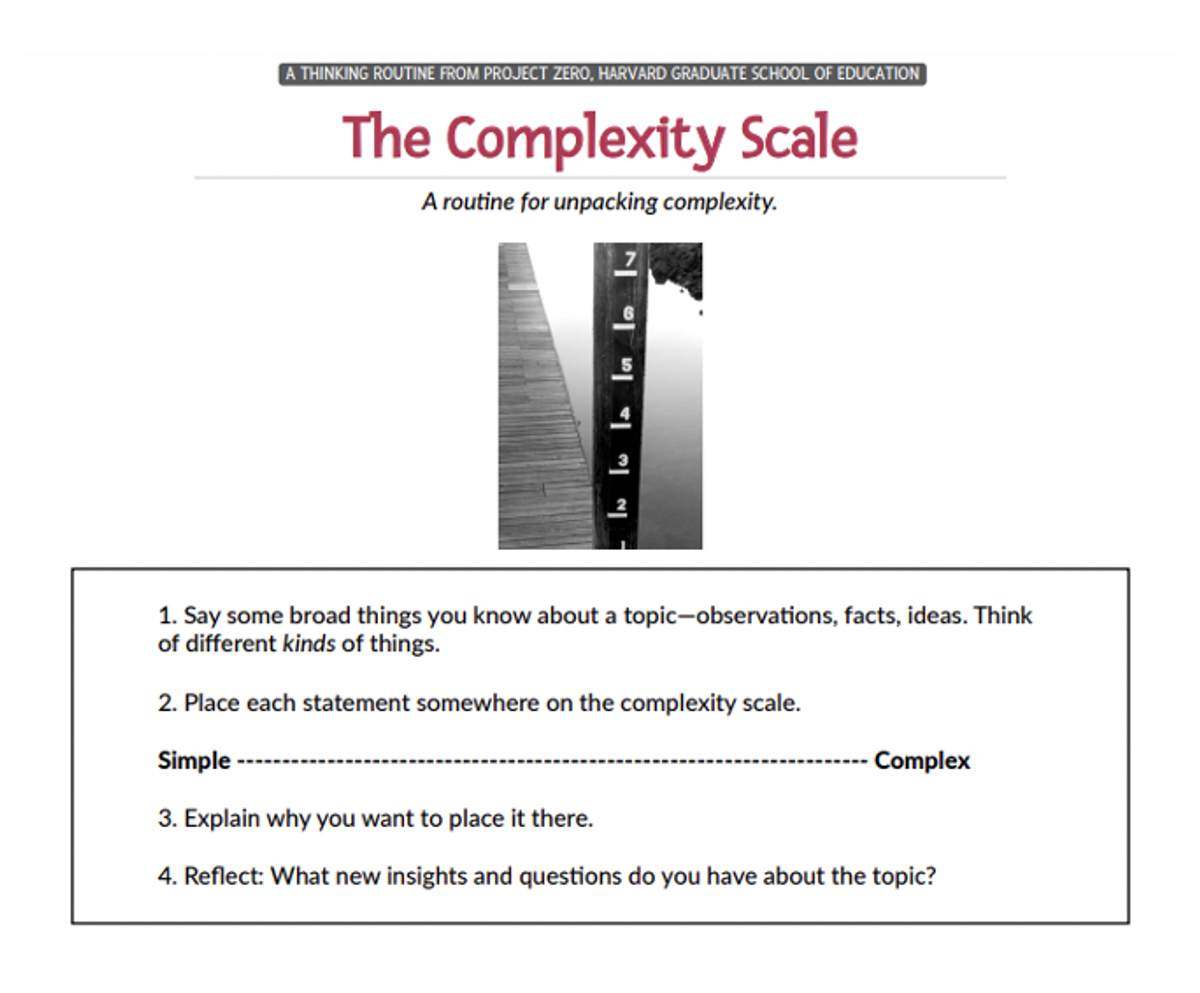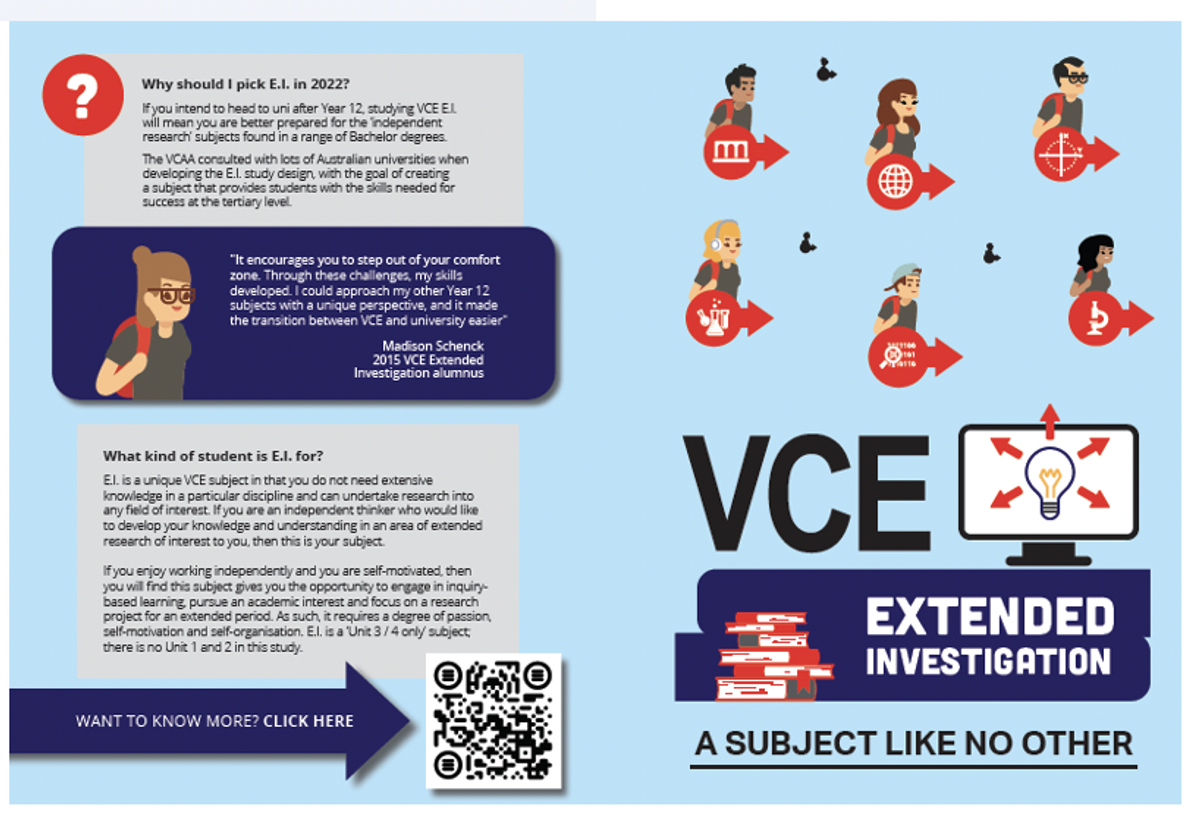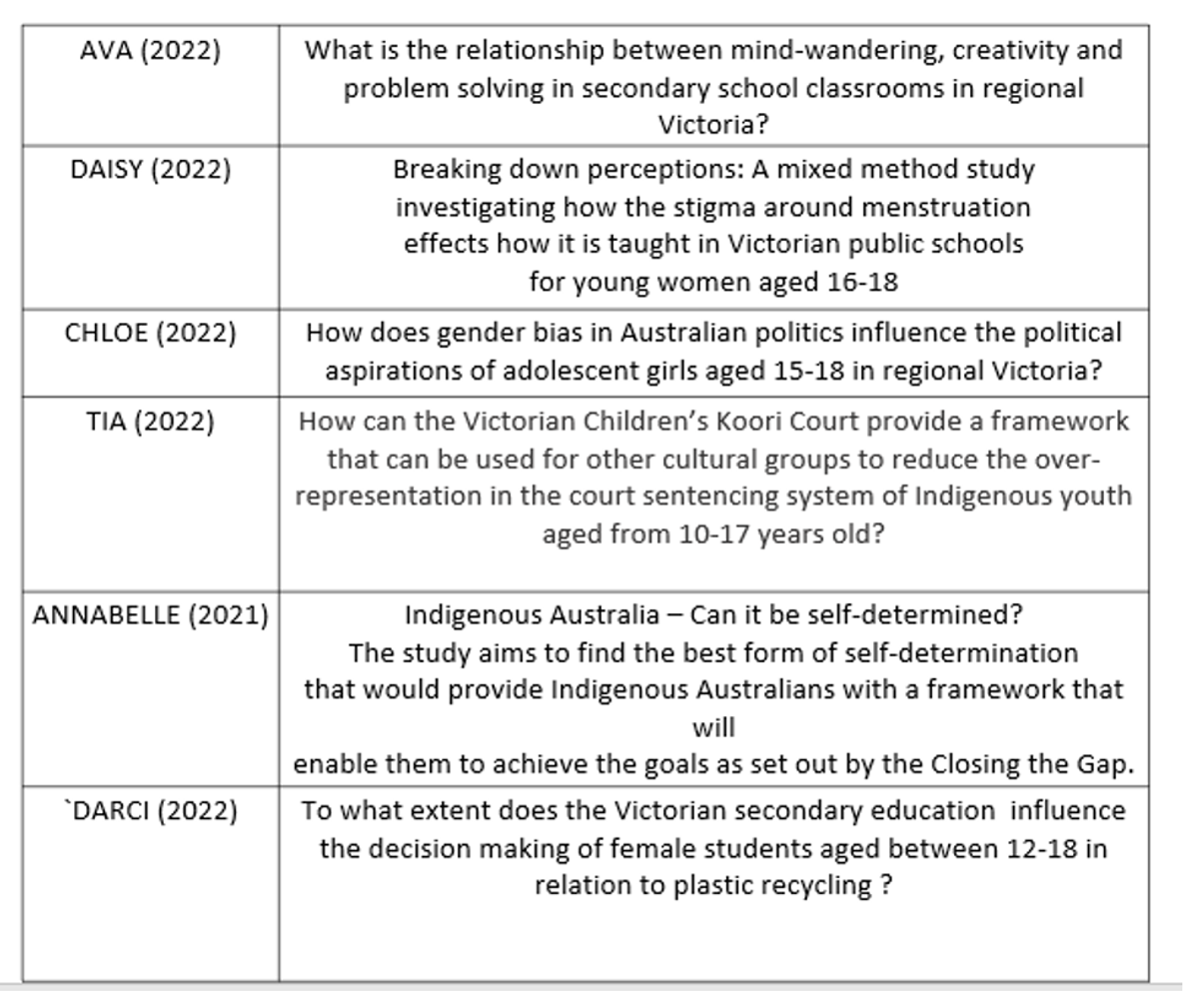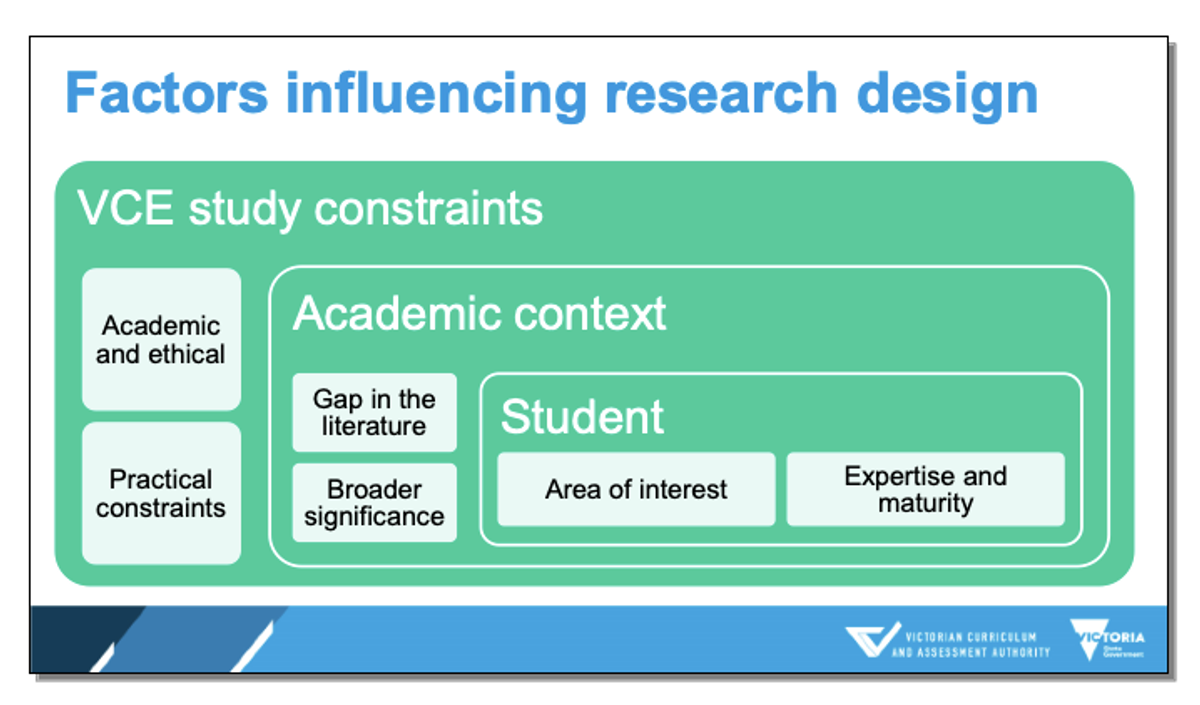Teaching and Learning at MFG

PATHWAYS AND SUBJECT SELECTION PROCESS
It’s been a big start to the Term with a focus on Pathways and Subject Selection focus for our Year 8, 9, 10 and 11 students.
This has involved a series of activities, workshops, presentations and interviews as well as instructions from Ms Crofts about how to submit the subject selections for 2023 using Griddle.
Our Year 9s recently participated in their Morrisby interviews with experienced careers practitioners to help our students unpack their career profiling and Morrisby survey results and investigate the best routes to achieve their goals as well as encourage them to explore similar careers and courses including many they have never considered. Some of the key dates and milestones in the Pathways and Subject Selection process include:
- VCE Acceleration Applications due for VCE 2023 close
- 9ALP Pathway interviews
- VCE Vocational Major Interviews
- Year 8 Subject Selection closes (29/7)
- Year 9, 10 & 11 Subject Selection closes.
Our teachers have played an important role during this process including:
- Helping our students to be realistic
- Referring students to the MFG Website to find out more about subjects (in the online Curriculum Handbooks) or to particular teachers
- Answering students’ questions and helping them understand the process/choices/subjects/pathways
- Asking our students questions like:
- What are your strengths and interests? What subjects do you currently enjoy? What might you like to do once you finish school?
- Helping our students to understand the requirements of accelerating into a VCE subject.
MFG TRAIT FOCUS – TERM 3
This year we’ve had a term by term focus on our MFG traits. The Term 3 focus is on our trait ‘Deep thinkers who are curious and creative’.
What is this trait and what does it look like in action?
To think deeply we need to:
- Give thinking time.
- Make our thinking broad and adventurous
- Make our thinking clear and deep
- Keep our thinking organised
Giving thinking time means:
- We gather ideas and evidence first and then decide.
- We think through the idea or problem, part by part.
- We use a specific structure or approach to organise our thinking.
- We talk it through with friends, family or a teacher.
- We think about it more, set it aside, come back to it later and sleep on it.
There are 1000s of thinking strategies and protocols that we can use to support or structure our students’ to thinking deeply. One rich resource that many of our teachers use, and that forms an important aspect of our school’s Teaching and Learning Model, is from the work of Project Zero at Harvard University.
The routine below is a good example of the kind of thinking routine that our teachers use, in this case for ‘unpacking complexity’ with our students.
TERM 3 PARENT-TEACHER-STUDENT LEARNING CONFERENCES
Tuesday 30th August (week 8 of Term 3) is our planned Parent-Teacher-Student Conferences – 12 to 7pm. Based on some discussions with our School Council, with the MFG Consultative Committee and taking into the responses to the 2022 Parent/Carer Communications Survey and the current high cases of COVID and influenza in our school and our community, we will be:
- Running the Parent-Teacher Conferences online – the choice of a phone call or Video Conference (ie Zoom)
- Opening the Booking System on the weekend (Saturday 20th August) to cater for more parents/carers
- Increasing the number of bookings available for parents and carers.
CURRICULUM CHANGES FOR 2023
- Year 9 Languages (must do one of the following, Indonesian, French Language or French Culture)
- Year 10 addition of a new ‘Permaculture’ elective
- the introduction of a new VCE Unit 1 English study – English Language
- the reintroduction of VCE Units 3 & 4 Revolutions which will replace VCE Units 3-4 Australian History
- VCAL is replaced at Yearr 11 with a new VCE pathway called VCE Vocational Major (VCE VM)
- Senior VCAL (Year 12) to stay the same for 2023.
NEW OPTIONS FOR YEAR 11 AND 12 STUDENTS
Victoria is transforming the delivery of senior secondary education with the introduction of two programs that will offer greater access to quality vocational and applied learning pathways, while making sure student achievement is equally celebrated and recognised.
The VCE Vocational Major (VCE VM) is a two-year program within the VCE that will replace Intermediate and Senior VCAL. It will prepare students to move into apprenticeships, traineeships, further education and training, university (through non-ATAR pathways) or directly into the workforce.
The Victorian Pathways Certificate (VPC) is an inclusive Year 11 and 12 standards-based certificate that meets the needs of a smaller number of students who are not able or ready to complete the VCE (including the VCE VM). The VPC will help students move into a senior secondary qualification, entry level vocational education and training, or straight into a job. Students will be able to start their VPC at any time during the school year and the time to finish the program will be flexible.
The VCAA has reached a major milestone with the accreditation and release of the VCE VM study designs and support materials.
The new curriculum features improved breadth and quality, a simplified structure and reduced repetition. The studies allow students to apply knowledge and skills in practical contexts, including taking part in community-based activities and collaborative projects.
The VPC will soon be accredited, and the curriculum will be released upon accreditation.
Find out more on the Senior Secondary Certificate Reform.
VCE EXTENDED INVESTIGATION
This year we have 6 MFG Year 12 students studying VCE Extended Investigation.
The student is at the centre of this study and what they bring to the study and also develop through the study – that is their area of interest and capability as a VCE student at this stage in their life.
Below is a list of the students studying Extended Investigation this year and their research questions.
The student is at the centre of this study and what they bring to the study and also develop through the study – that is their area of interest and capability as a VCE student at this stage in their life. But these factors sit within an academic context, which must be identified, recognised and explored, including where their interest sits within the existing literature and also how it is connected to a broader, bigger question or area of significance.
Damien Toussaint,
Assistant Principal, Learning and Teaching
